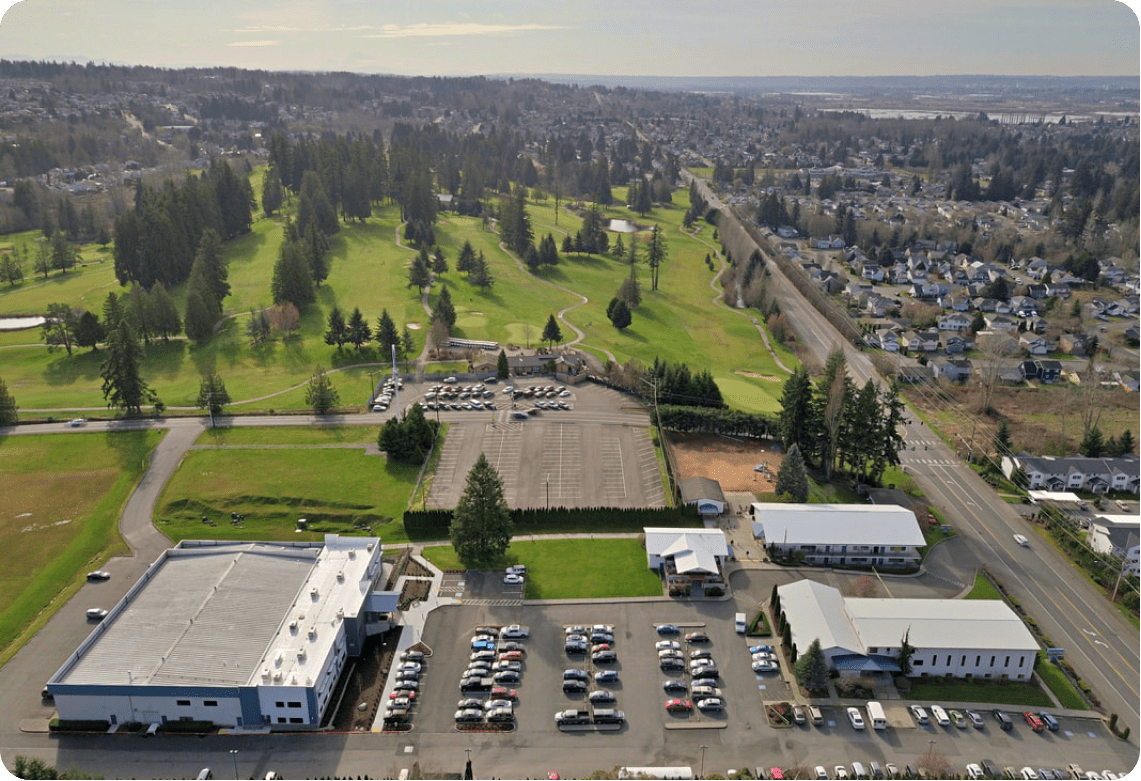
Ready for Kindergarten?
At Grace Academy, our classes are small enough to address these needs so that students are more than ready to move to first grade. We are ready to help you so that you can be confident in your decision. We have the expertise to make a qualified assessment of readiness for school.
Kindergarten is open to students who turn five by August 31 and who meet the basic readiness requirements. We screen potential students to help families decide if their child is ready for kindergarten. The assessment is conducted by one of our teachers in an individualized session after an application has been submitted. Other resources are provided for free to help parents better prepare their child for school.
Bible
Students learn the big story of God’s world. Students will learn to incorporate biblical truths into their daily lives through role-playing, Scripture memory, and songs. Each week a Bible verse is memorized and discussed. A chapel with kindergarten through 3rd grade is scheduled every Wednesday with many special presentations and a wonderful time of worship.
Phonics and Reading
Initial consonant and vowel sounds are emphasized in the first three months of school. Reading groups are established to meet individual needs. Single vowel concepts are firmly established, followed by the two-vowel concept and consonant blends. These blends and vowel rules make it possible for the average kindergarten student to leave our program with beginning reading comprehension and fluency skills.
Language Arts
Students develop spelling skills as they learn letter sounds and begin to write simple sentences. Children create class books and short stories that reinforce skills, as well as frequent journal writing. Songs, poems, and sign language are often incorporated.
Handwriting
Manuscript handwriting is practiced daily using the same letters being learned in phonics. Numbers and the child’s name are also practiced in penmanship. Formation of letters and pencil grip are an important aspect of learning how to write legibly.
Math
Our kindergarten classes learn mastery skills in numbers 1-20, counting to 100 in a variety of ways, adding, subtracting, describing and extending patterns, comparing sets, and problem-solving. Students learn to compare and order lengths, weights, and capacities using nonstandard units. They will be taught how to identify coins and count simple money combinations. Other skills include exploring ordinal numbers, writing number sentences, and using manipulatives and drawings to represent addition and subtraction stories. Our students enjoy sorting by attributes, identifying similarities and differences, and investigating geometrical concepts of size and position with 2- and 3-dimensional shapes. They will collect, organize, and interpret data representing it in the form of graphs and data organizers. Our curriculum uses a step-by-step approach to introduce concepts concretely, pictorially, and then abstractly, integrating collaborative activities.
Science
Students learn science from a biblical perspective as they encounter exciting thematic units. The Human Body, designed by God, is taught to respect the amazing gift of eyes, nose, tongue, ears, and skin. Additionally, students learn the importance of personal safety. Kindergarteners enjoy learning about the five seasons and weather by interacting with the world around them. The unit on plants help students understand how God uses seasons to help seeds grow into plants that we use for food and other needs. The unit on animals is exciting as students encounter all types of animals including pets, insects, zoo animals, and water animals.
Social Studies
Students will be exposed to a variety of social studies topics as they learn about the community that they live in. Community helpers visit the classroom and help children understand their importance to a community. A unit on Our Great Country includes interesting glimpses into historical figures and places in the United States. Students always enjoy the unit on Chidlren Around the World as they learn about a variety of cultures and how children celebrate life in those cultures.
Music Appreciation
Music instruction is an important part of our program. The love for singing and the appreciation of music is emphasized in music class. Students perform concerts each year where they learn to share the “song in their hearts”. A basic foundation of music and love for music is emphasized.
Computers
Computers are a part of our school program, using tools such as educational software to develop familiarity with the computer and keyboarding skills. Progression of these skills is emphasized in each grade level.
Physical Education
In providing a well-rounded program, P.E. is offered one day each week, teaching the students activities that encourage coordination, cooperation, and problem-solving, as well as plenty of exercise.
Spanish
Students are introduced to the Spanish language as they begin learning common words and phrases. Lessons emphasize the development of vocabulary, listening comprehension, and verbal communication skills.
Art
Students are introduced to the world of art as they begin drawing using basic shapes (circles, straight lines, rectangles, etc.). They also learn about pattern, texture, and color using a variety of mediums. These skills are developed throughout the years as they create various art projects.
Library
Students are introduced to elements of the library system, with increasing research skill progression in subsequent grade levels. Students are able to check out books each week.
STEM
STEM (Science, Technology, Engineering, and Math) facilitates curiosity about the world through a biblical worldview. Students are challenged to answer real-world questions as they build, discuss, observe, and reflect. Lessons encourage students to work cooperatively as a team, solve problems, and persevere when faced with challenges. Through hands-on explorations, students are encouraged to think "outside the box," which helps develop innovative skills all while increasing their knowledge of God's created universe.
